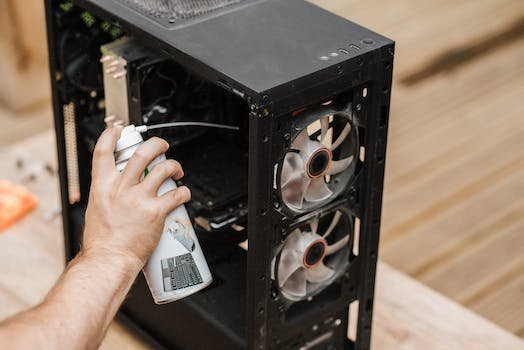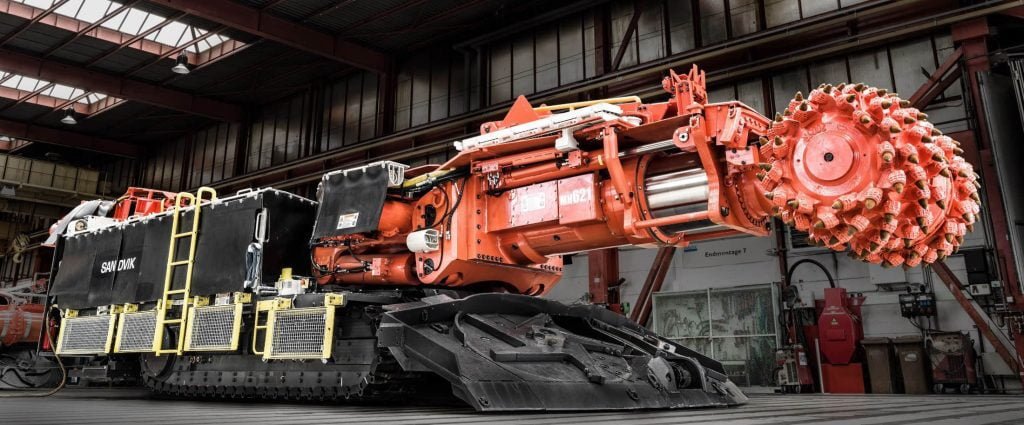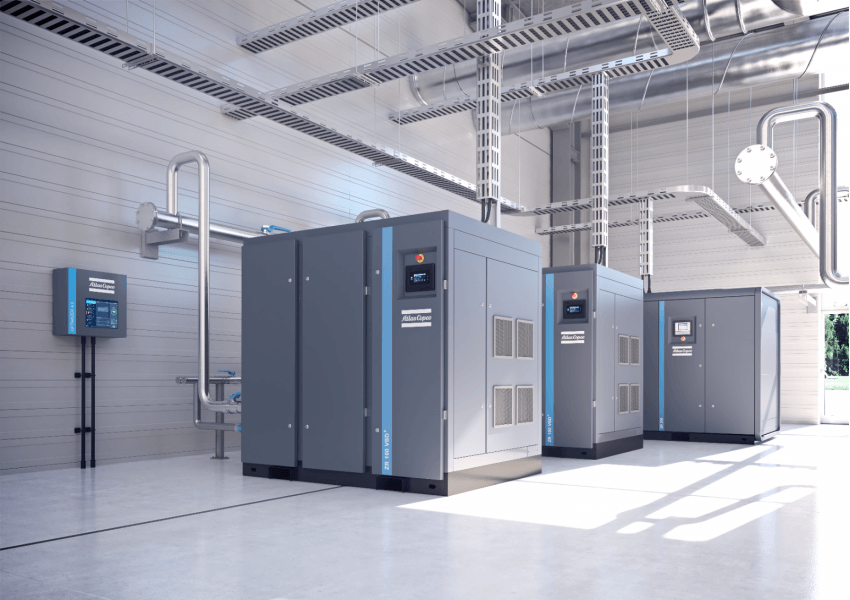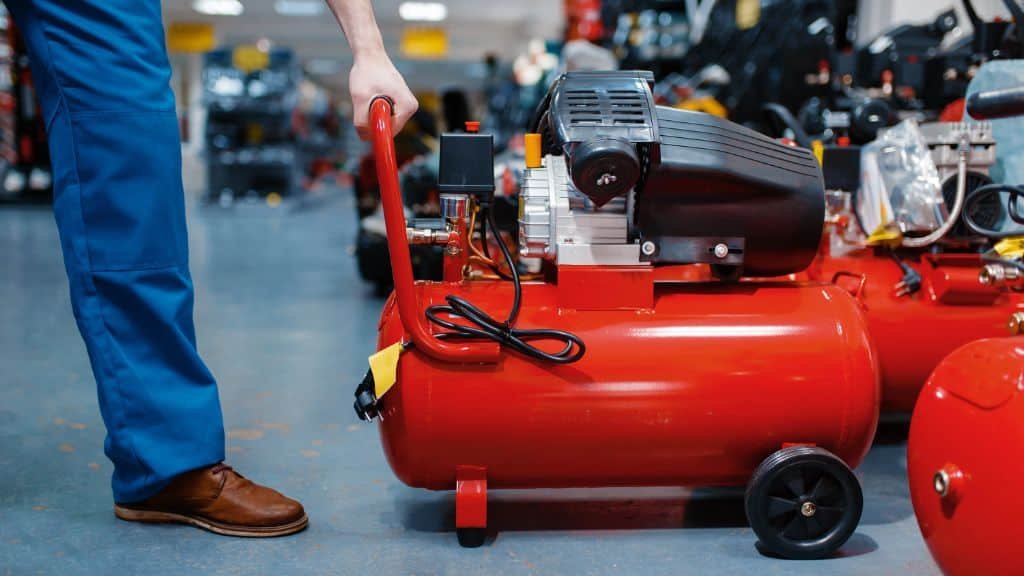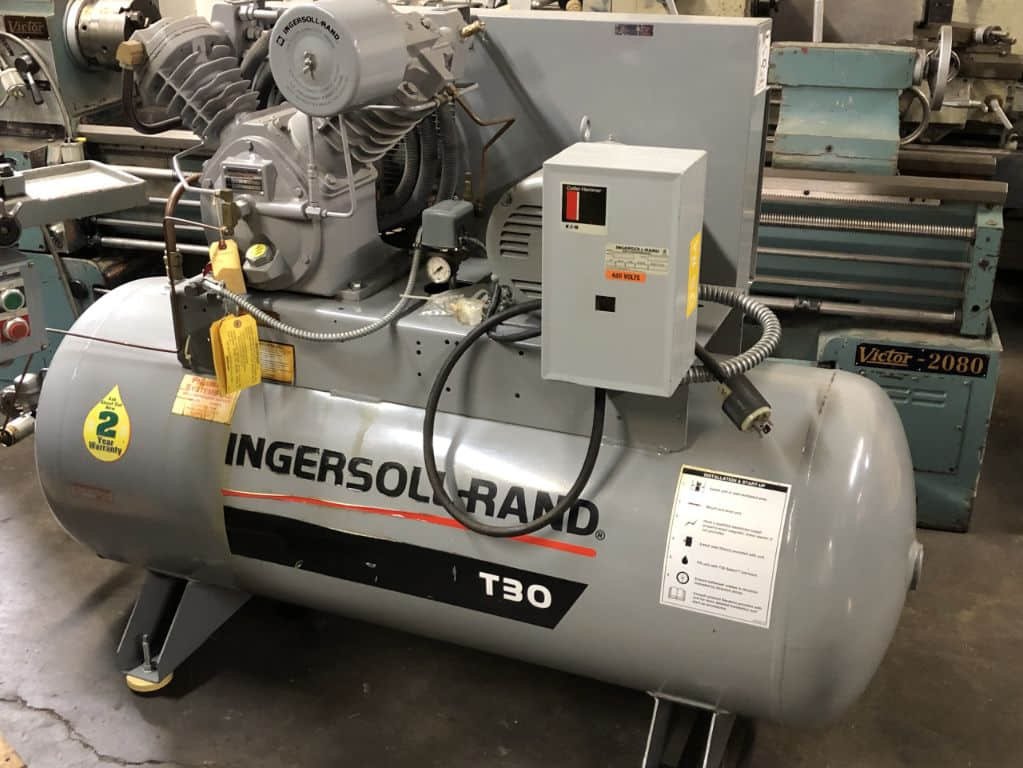Preventative Maintenance Techniques for Prolonged Lifespan of Gardner Denver Air Compressors
Gardner Denver air compressors are known for their durability and reliability. However, like any other machinery, they require regular maintenance to ensure optimal performance and a prolonged lifespan. In this article, we will discuss some preventative maintenance techniques that can help you keep your Gardner Denver air compressor in top shape.
1. Regularly Check and Change the Oil
One of the most important maintenance tasks for your Gardner Denver air compressor is checking and changing the oil. The oil in the compressor lubricates the moving parts and helps reduce friction and wear. Over time, the oil can become contaminated with dirt, debris, and moisture, which can affect the compressor’s performance.
To prevent any issues, it is recommended to check the oil level and condition regularly. If the oil appears dirty or has a milky appearance, it is a sign that it needs to be changed. Refer to the manufacturer’s guidelines for the recommended oil type and change interval.
2. Clean or Replace Air Filters
Air filters play a crucial role in maintaining the efficiency of your Gardner Denver air compressor. They prevent dust, dirt, and other contaminants from entering the compressor and causing damage. Over time, the air filters can become clogged, reducing airflow and putting strain on the compressor.
Regularly inspect the air filters and clean or replace them as necessary. Cleaning can be done by gently tapping the filters to remove loose debris or using compressed air to blow out any trapped particles. If the filters are damaged or heavily clogged, it is best to replace them with new ones.
3. Check and Tighten Connections
Loose connections can lead to air leaks, which can affect the performance and efficiency of your Gardner Denver air compressor. Regularly inspect all the connections, including hoses, fittings, and valves, and tighten them if necessary. Pay close attention to any signs of air leaks, such as hissing sounds or pressure drops.
Using a soapy water solution, you can also perform a bubble test to identify any leaks. Apply the solution to the connections and observe if any bubbles form, indicating a leak. If you find any leaks, tighten the connections or replace any damaged parts.
4. Monitor and Maintain Proper Pressure
Proper pressure is essential for the optimal performance of your Gardner Denver air compressor. Too high or too low pressure can put unnecessary strain on the compressor and affect its lifespan. Regularly monitor the pressure using a pressure gauge and ensure it is within the recommended range.
If the pressure is too high, you can adjust it using the compressor’s pressure regulator. If it is too low, check for any air leaks or obstructions in the system that may be causing the issue. Maintaining the proper pressure will not only prolong the lifespan of your compressor but also improve its efficiency.
5. Keep the Compressor Clean and Well-Ventilated
A clean and well-ventilated environment is crucial for the proper functioning of your Gardner Denver air compressor. Dust, dirt, and debris can accumulate on the compressor’s surfaces and hinder its performance. Regularly clean the exterior of the compressor using a soft cloth or brush.
Additionally, ensure that the compressor is placed in a well-ventilated area. Good airflow around the compressor helps dissipate heat and prevents overheating. Avoid placing the compressor near walls or other obstructions that may restrict airflow.
6. Schedule Professional Inspections and Maintenance
While regular maintenance tasks can significantly prolong the lifespan of your Gardner Denver air compressor, it is also important to schedule professional inspections and maintenance. A trained technician can identify any potential issues and perform more in-depth maintenance tasks that may require specialized tools or knowledge.
Professional inspections should be conducted at least once a year or as recommended by the manufacturer. During these inspections, the technician will check for any signs of wear, leaks, or other issues and perform necessary repairs or replacements.
Frequently Asked Questions (FAQs)
Q: How often should I change the oil in my Gardner Denver air compressor?
A: The frequency of oil changes depends on various factors such as usage, operating conditions, and the type of oil used. It is recommended to refer to the manufacturer’s guidelines for the specific oil change interval.
Q: Can I use any type of oil in my Gardner Denver air compressor?
A: No, it is important to use the oil recommended by the manufacturer for your specific model. Using the wrong type of oil can affect the compressor’s performance and potentially void the warranty.
Q: How can I identify air leaks in my Gardner Denver air compressor?
A: Air leaks can be identified by listening for hissing sounds or observing pressure drops. You can also perform a bubble test using a soapy water solution to identify any leaks.
Q: What should I do if I find an air leak in my Gardner Denver air compressor?
A: If you find an air leak, tighten the connections or replace any damaged parts. It is important to address air leaks promptly to prevent any further damage to the compressor.
Q: Can I clean the air filters of my Gardner Denver air compressor?
A: Yes, you can clean the air filters by gently tapping them to remove loose debris or using compressed air to blow out any trapped particles. However, if the filters are heavily clogged or damaged, it is best to replace them.
Q: How can I maintain the proper pressure in my Gardner Denver air compressor?
A: Regularly monitor the pressure using a pressure gauge and adjust it using the compressor’s pressure regulator if necessary. Check for any air leaks or obstructions in the system that may be causing pressure issues.
By following these preventative maintenance techniques, you can ensure a prolonged lifespan for your Gardner Denver air compressor and enjoy its reliable performance for years to come.
